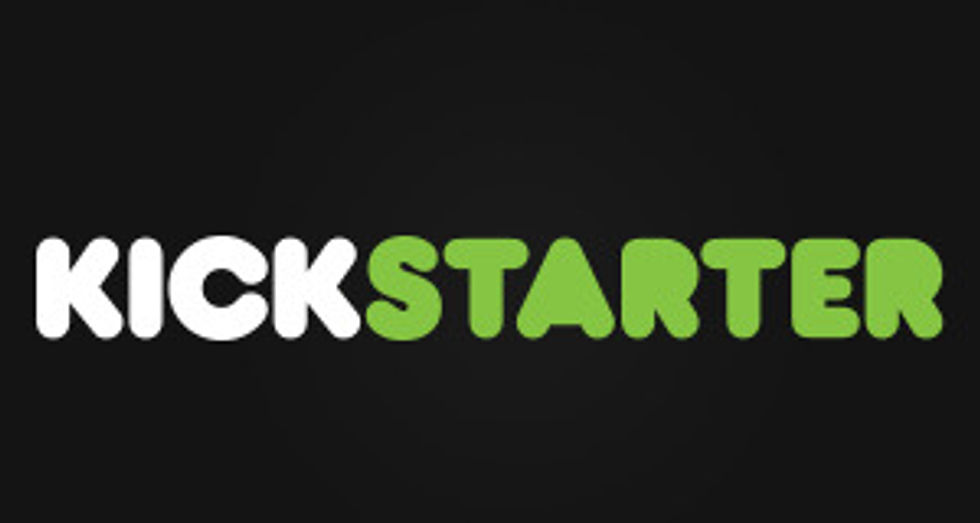Editorial: Kickstarter; the savior of nostalgia
- Chris

- Jun 9, 2014
- 3 min read

When something has become sufficiently aged it stops being old and becomes retro. It is no longer just nostalgia for a minority, but can yet again become cool, but can it become profitable and even popular again? As a teenager I loved computer games especially played on my Atari ST, it is nostalgia to me. I have fond memories of playing Dungeon Master late into the night, with a beating heart anticipating the next monster around the corner, or playing Elite Frontier, plotting the perfect trade route for spices and slaves in a seemingly infinite galaxy to explore and later marvelous adventure games such as Day of the Tentacle on my first PC. The years passed by and the trickle of Dungeon Master clones eventually stopped. David Braben, the creator of Elite Frontier kept promising a sequel that never materialized and then turned silent the last ten years and so the market for adventure games that called for your wits died. Market, it was said there was no market for these old genres and without a market there was no publisher to finance the development of next game. The market had spoken.
The market may move on, but the memories and nostalgia remain. Booting up these old games in an emulator and playing them today you will notice that some things are best left as memories and nostalgia. The gameplay is often clumsy and awkward, maybe I‘ve become lazy, but what I remember as being fun has in many ways become a chore. In many ways it is the small details that have gone from nice additions to fundamentals, like contextual help for buttons to avoid having to use a manual for reference. Individually each of these small details may not seem like much, but when added together they make a world of difference to the game play experience. Added together they also make a world of difference to the cost of producing the games. A cost that no publisher is willing to take on for genres that may be and conventionally assumed to be near dead. If publishers do not want to finance the development of games of old genres, who will?
Turns out that the consumers themselves are more than willing to step up and finance the development of games they want. Enter Kickstarter, Kickstarter is a webpage and service that allows people to financially back projects they themselves want to see done. Kickstarter has been used to kickstart many different kinds of projects, from books to movies and most close to my heart; games.
The poster child for Kickstarter projects that launched the service into the public mind is the adventure game by Day of the Tentacle creator Tim Schaffer. At first announced as a simple adventure asking for a modest $400,000 in February of 2012 turned out to be a great success, raking in over $3.4 million from more than 87,000 individual backers. It was released to the world with, great reception, as Broken Age in January of 2014. As a Kickstarter project Broken Age has not only proved that there is still life in old genres, it also proved that the financial model of letting the end consumer finance the development of a product is a viable model.
Broken Age is not an isolated incident. In November of 2012 David Braben, the creator of Elite Frontier, announced a sequel Elite: Dangerous on Kickstarter and managed to raise £1.7 million. Money that allowed Braben to reacquire the rights to the intellectual property he once created, and in June 2014 the game is available in a public beta version, with an expected full release later this same year.
Now all I am hoping for is for someone to Kickstart and breathe new life into Dungeon Master. In the meantime I can enjoy Legend of Grimrock, a new game paying homage to the genre of Dungeon Master. An exception to the business model of using Kickstarter; instead four Finish game developers previously hired by AAA development housed invested their own money and formed the company Almost Human to develop the game. Legend of Grimrock first released in April of 2012 proved to be successful, and Almost Human has since then hired more employees and they have a sequel on track for release later in 2014.
The future is bright, for genre games of the past.

Peylow Olsson, senior writer



Comments